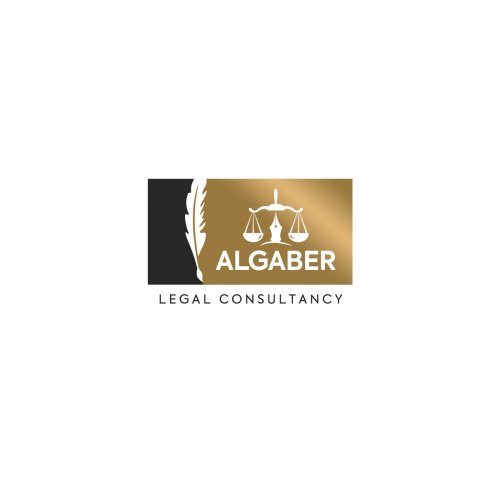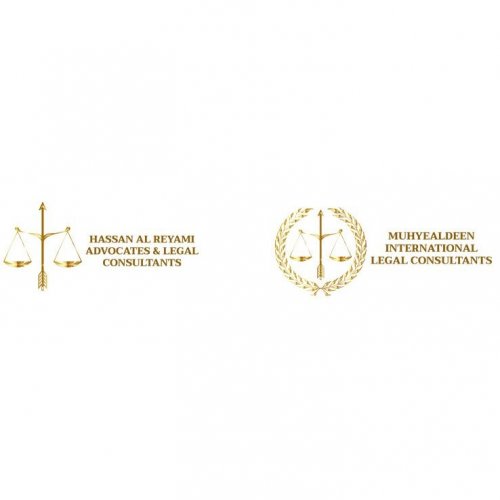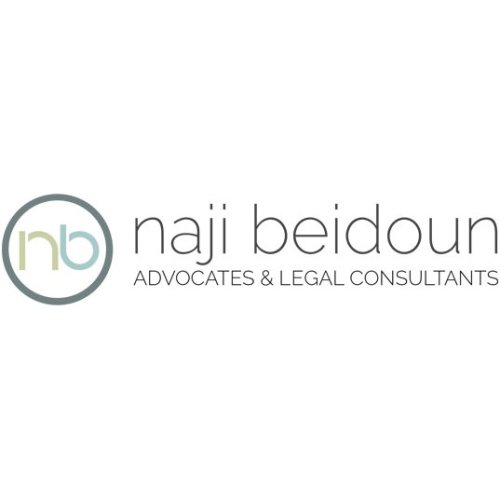Best Energy Regulatory Law Lawyers in Dubai
Share your needs with us, get contacted by law firms.
Free. Takes 2 min.
List of the best lawyers in Dubai, United Arab Emirates
About Energy Regulatory Law in Dubai, United Arab Emirates
Energy Regulatory Law in Dubai is a specialized area of law focused on the regulation, management, and control of the energy sector, including electricity, natural gas, renewable energy, and related infrastructure. Due to Dubai's rapid economic growth and ambitious sustainability goals, the emirate has developed a sophisticated regulatory framework that governs energy generation, distribution, consumption, and investment. This legal landscape aims to promote energy security, attract foreign investment, support innovation, and ensure compliance with environmental and safety standards.
Why You May Need a Lawyer
Navigating Energy Regulatory Law in Dubai can be complex due to the number of authorities involved and the technical nature of regulations. You may need a lawyer if you are:
- Setting up an energy project or investing in renewable energy initiatives
- Applying for energy production or distribution licenses in Dubai
- Negotiating power purchase agreements or supply contracts with government entities
- Facing compliance issues or government investigations related to energy laws
- Dealing with disputes concerning tariffs, grid connections, or contractual terms
- Seeking assistance with environmental rules and approvals for energy projects
- Understanding regulations around energy efficiency, carbon credits, or hydrogen fuels
- Advising on energy trading, cross-border transactions, or import-export of energy resources
- Ensuring protection of intellectual property in innovative energy technologies
- Keeping up to date with policy changes and regulatory updates in the fast-evolving energy sector
Local Laws Overview
Dubai's energy sector is governed by a collaborative framework involving both local and federal entities. Some essential elements of Energy Regulatory Law in Dubai include:
- Regulatory Authorities: The Dubai Electricity and Water Authority (DEWA) is the main regulator and service provider, while the Dubai Supreme Council of Energy (DSCE) shapes energy policy. The UAE Ministry of Energy and Infrastructure also plays a role at the federal level.
- Licensing and Permits: Energy projects in Dubai, including conventional and renewable power plants, require approvals from DEWA and other relevant bodies. There are strict requirements regarding safety, environmental impact, and capacity.
- Private Sector Participation: Through initiatives like the Independent Power Producer (IPP) model, private companies can develop and operate energy projects under public-private partnership frameworks.
- Renewable Energy Targets: Dubai Clean Energy Strategy 2050 aims for 100 percent of energy production from clean sources by 2050, with interim targets to increase the share of renewables in the energy mix.
- Tariffs and Subsidies: Energy tariffs are regulated, with periodic reviews and adjustments reflecting market trends and policy priorities.
- Grid Access and Trading: There are transparent processes for grid connection and, in certain cases, provisions for bilateral power trading among approved entities.
- Environmental Compliance: Projects must follow local environmental laws and may need assessments from the Dubai Municipality or the Environment Agency to minimize ecological impact.
- New Technologies: Regulations are evolving to accommodate technologies such as solar panels, electric vehicle infrastructure, and hydrogen production.
Frequently Asked Questions
What is the main legal authority regulating energy in Dubai?
The Dubai Electricity and Water Authority (DEWA) is the primary regulator for electricity and water, while the Dubai Supreme Council of Energy (DSCE) oversees policy and strategic direction.
Can foreign investors participate in renewable energy projects in Dubai?
Yes, Dubai actively encourages foreign investment in the renewable energy sector through various programs and public-private partnership models, such as the Mohammed bin Rashid Al Maktoum Solar Park.
Are there specific licensing requirements for energy projects?
All energy projects require specific licenses and permits from DEWA and other relevant authorities, which involve detailed technical, safety, and environmental compliance assessments.
What incentives are available for renewable energy initiatives?
Dubai offers incentives like preferential tariffs, net metering for solar installations, streamlined approval processes, and opportunities to participate in large-scale renewable energy tenders.
How are energy tariffs determined in Dubai?
Energy tariffs in Dubai are regulated by DEWA and periodically reviewed based on market conditions, policy objectives, and operational costs.
What environmental regulations apply to energy projects?
Projects must comply with Dubai's environmental regulations, which may include conducting environmental impact assessments and obtaining clearances from local or federal environmental agencies.
How does Dubai support energy efficiency?
Dubai enforces building codes promoting energy efficiency, encourages retrofitting of existing structures with efficient technologies, and offers awareness programs for businesses and residents.
Is net metering available for solar power users?
Yes, DEWA allows for net metering, enabling solar power generators to feed excess electricity back into the grid and receive credits on their utility bills.
How are disputes in the energy sector resolved?
Disputes can be settled through negotiation, mediation, or arbitration, and, if necessary, litigation in Dubai's specialized courts or international arbitration centers.
What role do free zones play in the energy sector?
Some free zones, like Dubai Science Park and Dubai Industrial City, offer infrastructure and regulatory benefits to energy companies, particularly in renewables, research, and technology innovation.
Additional Resources
The following organizations and resources can provide valuable guidance for those dealing with Energy Regulatory Law in Dubai:
- Dubai Electricity and Water Authority (DEWA) - for licensing, project approvals, tariffs, net metering, and compliance requirements
- Dubai Supreme Council of Energy (DSCE) - for strategic energy policy and regulatory updates
- Dubai Municipality - for environmental assessments and approvals related to energy projects
- Ministry of Energy and Infrastructure (Federal UAE level) - for national regulations and sectoral governance
- Mohammed bin Rashid Al Maktoum Solar Park - as a case study and resource for renewable energy initiatives
- Dubai International Arbitration Centre (DIAC) - for dispute resolution services
- Dubai Science Park and Dubai Industrial City - for free zone regulation and business setup
Next Steps
If you require legal assistance regarding Energy Regulatory Law in Dubai, consider the following actions:
- Identify the specific nature of your legal issue, such as licensing, compliance, investment, or dispute resolution
- Collect all relevant documentation, such as permits, contracts, regulatory notices, and correspondence with authorities
- Contact a qualified lawyer or law firm specializing in energy and regulatory matters in Dubai
- Seek an initial consultation to evaluate your options and develop a strategic approach tailored to your needs
- Stay informed about regulatory changes through updates from DEWA, DSCE, and other relevant bodies
- Engage with professional associations and industry forums to gain additional perspectives and support
Legal processes in the energy sector can be highly detailed and time sensitive. Working with experienced legal professionals will help ensure compliance, protect your interests, and facilitate successful outcomes for your energy-related ventures in Dubai.
Lawzana helps you find the best lawyers and law firms in Dubai through a curated and pre-screened list of qualified legal professionals. Our platform offers rankings and detailed profiles of attorneys and law firms, allowing you to compare based on practice areas, including Energy Regulatory Law, experience, and client feedback.
Each profile includes a description of the firm's areas of practice, client reviews, team members and partners, year of establishment, spoken languages, office locations, contact information, social media presence, and any published articles or resources. Most firms on our platform speak English and are experienced in both local and international legal matters.
Get a quote from top-rated law firms in Dubai, United Arab Emirates — quickly, securely, and without unnecessary hassle.
Disclaimer:
The information provided on this page is for general informational purposes only and does not constitute legal advice. While we strive to ensure the accuracy and relevance of the content, legal information may change over time, and interpretations of the law can vary. You should always consult with a qualified legal professional for advice specific to your situation.
We disclaim all liability for actions taken or not taken based on the content of this page. If you believe any information is incorrect or outdated, please contact us, and we will review and update it where appropriate.

















